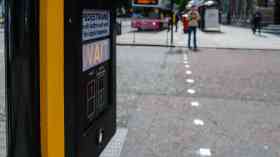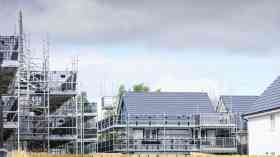Cost-of-living crisis worse in rural areas

A study by the Rural Services Network has revealed that the cost-of-living crisis is hitting rural areas harder.
People in rural areas earn less money than those in towns and cities and the study shows that those in rural areas face higher costs and are spending more on essentials like heating, transport and housing.
Low-income rural households spend about half of their earnings on rent, around 5 per cent more than low-income urban households.
Rural houses also cost more to heat, with many not connected to the gas grid and they are generally less well-insulated.
There have also been cuts to bus services in rural area, so people rely more on cars. Rural households are spending around £114 a week on transport, with urban households spending £80.
House prices have also risen more in the countryside compared to town since the pandemic.
Graham Biggs, chief executive of the Rural Services Network said: "Outdated infrastructure and a legacy of other factors, such as poor transport and broadband connectivity, employment opportunities and housing demand, means that many rural areas are more isolated than maps suggest and are all contributing to a higher overall cost of living.
"The government must overcome policy silos and develop an integrated approach that recognises the multiple forms of disadvantage rural areas face.
"This should include levelling up the rural economy to ensure that low wage levels can be improved, as well as supporting rural houses to become more energy efficient to help get families out of fuel poverty."
Image: Pixabay







